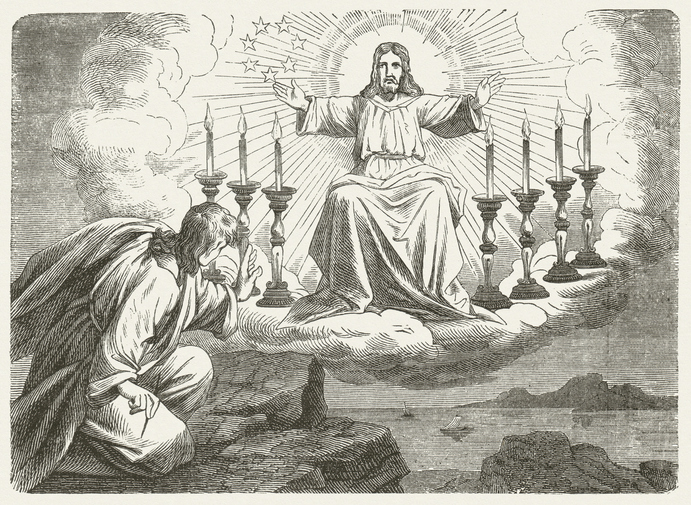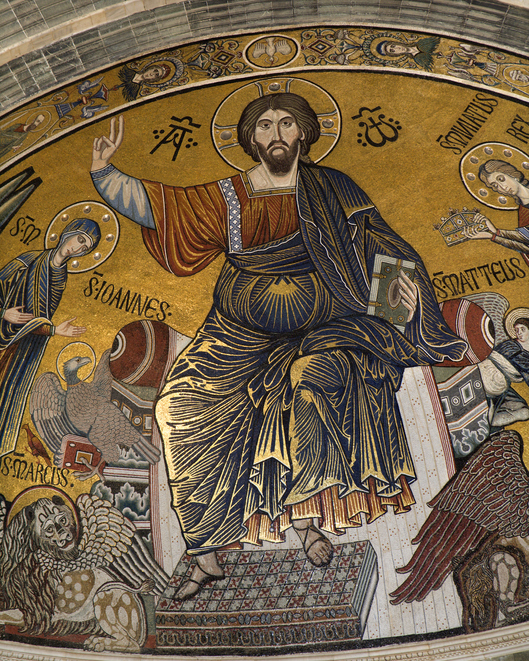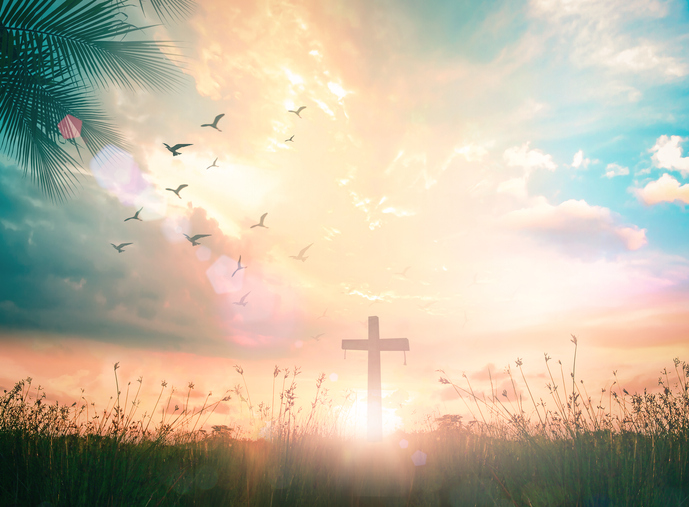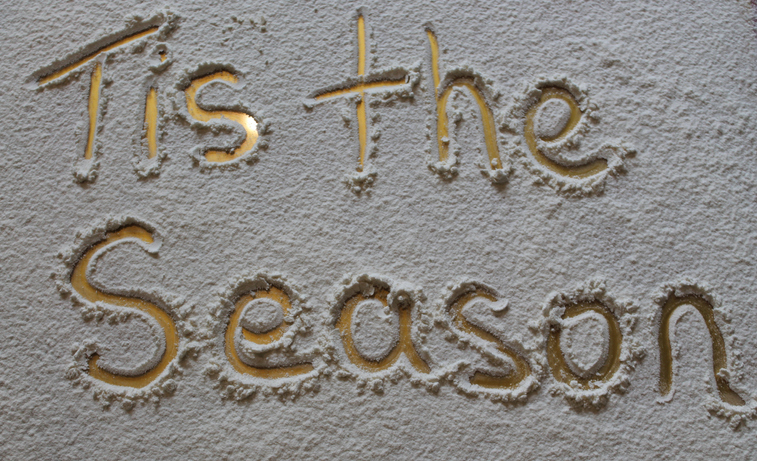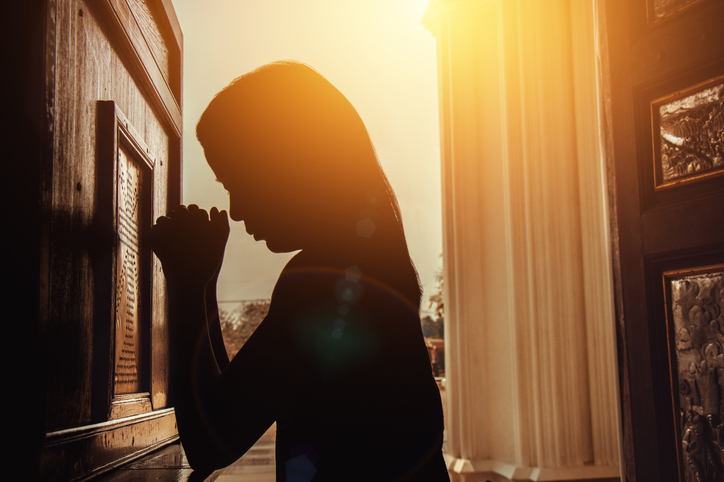Your all-powerful word, from heaven’s royal throne
bounded, a fierce warrior, into the doomed land,
bearing the sharp sword of your inexorable decree.
And as he alighted, he filled every place with death;
he still reached to heaven, while he stood upon the earth.
Wow-what an image of the Logos – the Word of God who was God and the maker of all things (John 1: 1-5). I don’t know about you, but as I look around me at the culture, the church, and individual behavior, I think I’d like to see Jesus return as a fierce warrior, filling the earth.
Growing up in a conservative Protestant church, we heard about Christ’s imminent return quite a bit. A famous church leader, M. R DeHaan, even had a motto on his desk that read, “Perhaps today.” He wanted to be reminded daily that Christ could return – would he be ready? I’m not sure I’m as ready as I should be, but I would like to see Him bound from Heaven and fill the earth.
Then we read the Gospel and find a parable that seems somewhat simple compared to such apocalyptic words from Wisdom. A poor widow woman needs justice, and a corrupt judge is her only hope. Although he’s disinclined to listen to her, she wears him down until he finally delivers a just decision just to get rid of her. But Jesus doesn’t leave his disciples (or us) scratching our heads. He explains:
“Will not God secure the rights of his chosen ones who call out to him day and night? Will he be slow to answer them? I tell you, he will see to it that justice is done for them speedily. But when the Son of Man comes, will he find faith on earth?”
So there it is. Do we have faith? Do we pray? If so, do we believe God will answer us and work on our behalf? Does God love us enough to actually take care of us? The Israelites were trapped, with the Egyptian army behind them and the Red Sea in front of them. God showed his love and care and delivered them. He’ll do the same for you and for me–call on him, and don’t grow weary. Marvelous things are in store.

Pamela joined Diocesan’s staff in 2006, after a number of years in the non-profit sector. Her experience is in non-profit administration including management, finance, and program development, along with database management and communications. She was a catechist in her parish RCIA program for over 15 years, as well as chairperson of their Liturgy Commision. Received into the Catholic Church as an adult, Pamela’s faith formation was influenced by her Mennonite extended family, her Baptist childhood, and her years as a Reformed Presbyterian (think Scott Hahn).
